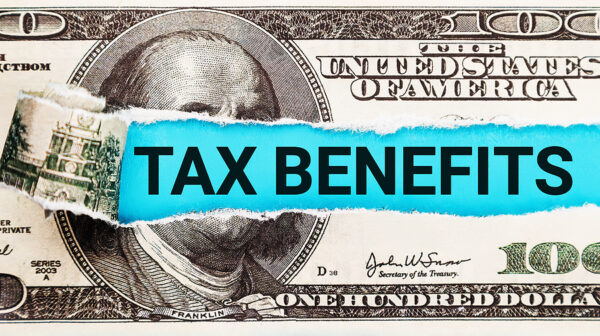
“Perhaps in some future, more perfect world, an employer will purchase a pension plan, plug it in, stand back and casually watch its smooth, flawless operation. But today, any employer with a plan knows this is not the case: a pension plan is complex and you as plan sponsor need to be ever-vigilant …”
– The IRS Web site
The IRS has been sending out more inquiries, and depending on the results of the inquiries, conducting more audits. Because of the large public trust placed in employee benefit plans and the sizable tax breaks they receive, the IRS routinely monitors issues involving a plan’s compliance with regulatory and reporting requirements. Likewise, an employee benefit plan sponsor should keep a sharp eye on plan compliance, since penalties and other civil and criminal sanctions can result from noncompliance.
According to the IRS, here are some of the most common compliance mistakes:
- Not following the terms of the plan document.
- Not covering the proper employees.
- Not giving employees the required information about the plan.
- Not depositing employee deferrals or contributions in a timely manner.
- Not properly handling distributions or loans.
- Not limiting employee deferrals and employer contributions to the amounts permitted by law.
- Not properly calculating participants’ vesting percentages or using correct vesting schedules.
- After a merger or acquisition, not making the correct contributions or making them late for employees of the newly acquired company.
- Changes in a company’s workforce can inadvertently cause a compliance problem to arise, according to the IRS. For example, a sudden increase in staffing at lower level payroll positions may produce a change in deferral patterns and resulting nondiscrimination testing problems in a salary deferral plan. This is one reason the agency urges employers to conduct periodic reviews of their plans.
The Carrot and the Stick
The IRS characterizes its approach toward employee benefit plan compliance as one of a “carrot and stick,” with the carrot being the agency’s three correction programs, and the stick being an audit. These programs enable many plan sponsors to correct inadvertent errors at a lower cost than if the noncompliance issues were found in an audit.
Here is a rundown of the IRS programs, which are only available for failures that do not involve the misuse or diversion of assets from the plan:
Self-Correction Program
Under the IRS Self-Correction Program, the plan sponsor does not have to contact the IRS and does not pay a penalty to the IRS for the failure. To be eligible, the failure must be “operational,” meaning that the terms of the plan were not followed. Other requirements: The failure must not be “egregious;” the plan must have received prior favorable determination letters; and it must not currently be under investigation by the IRS. This is where our benefit planning consultants can help you avoid big penalties by finding problems before the IRS does.
Voluntary Correction Program
If the plan failure does not meet the standards necessary for using the Self-Correction Program, the sponsor might be able to use the Voluntary Correction Program, provided there has been no contact from the IRS about the issue. This may work if, rather than a minor operational error, the breach was an egregious operational failure, or a plan document failure.
This program requires sponsors to follow precise instructions, so consult with your tax adviser or employee benefits professional before going forward. (There’s even a way to enter this process anonymously.) There is a pre-established fee based on the number of participants in the plan.
Audit Closing Agreement Program
Predictably, the final fix for plan failures is the least desirable. The Audit Closing Agreement Program is for a problem discovered by the IRS, typically during an examination of a plan, or occasionally, during the review of a determination letter application. At this point, the plan faces potential disqualification and the sponsor may be given the opportunity to make full correction and pay a sanction amount negotiated with the IRS. Correction and payment of the sanction have to be made before a binding Closing Agreement document can be executed. However, even at this late date, correction can preserve the plan’s qualified status.
The IRS regards honest, inadvertent mistakes differently than abusive or prohibited transactions, which can put the qualified status of a plan in jeopardy and result in severe penalties for the sponsor.
Keep in mind, the IRS is not the only government agency overseeing employee benefit plan compliance. The Department of Labor’s Employee Benefits Security Administration and the Pension Benefit Guaranty Corporation also scrutinize benefit plans and have their own compliance processes. Plan sponsors should consult with their tax advisers or employee benefits professionals to determine the changes that should be made to achieve and maintain compliance. Staying current with numerous complex requirements can be challenging for business owners and executives. With professional help, you can identify and correct any problems associated with qualified plans before the IRS comes calling.
Our benefit planning consultants will be happy to help you find problems before they find you. Corban OneSource is a Mid Market Human Resource Outsourcer or HRO for companies of 75 to 6,000 employees. Are you looking to outsource the core HR functions of Payroll, Benefits Administration and HR Support? Find out more here.



